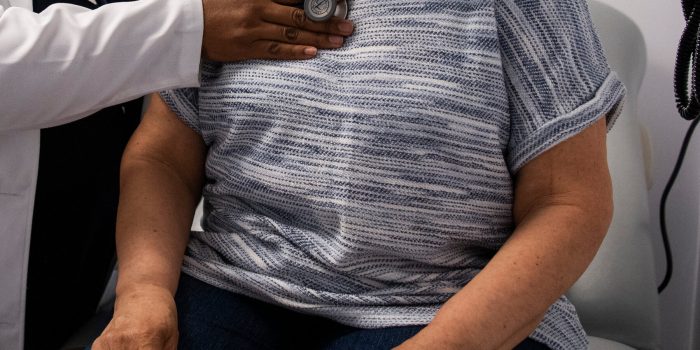The decades-long research effort has contributed to thousands of research papers, altering medical care for women around the world.
After an outcry from scientists and experts, federal officials on Thursday said they would restore funding to the Women’s Health Initiative, one of the largest and longest studies of women’s health ever carried out.
The findings of the W.H.I. and its randomized controlled trials have changed medical practices and helped shape clinical guidelines, preventing hundreds of thousands of cases of cardiovascular disease and breast cancer.
“These studies represent critical contributions to our better understanding of women’s health,” said Emily G. Hilliard, a spokeswoman for the Department of Health and Human Services.
“We are now working to fully restore funding to these essential research efforts,” she added. The National Institutes of Health “remains deeply committed to advancing public health through rigorous gold standard research, and we are taking immediate steps to ensure the continuity of these studies.”
The W.H.I., which began in the 1990s when few women were included in clinical research, enrolled over 160,000 participants across the nation. It continues to follow some 42,000 women, tracking data on cardiovascular disease and aging, as well as frailty, vision loss and mental health.
Researchers have hoped to use the findings to learn more about how to maintain mobility and cognitive function and slow memory loss, detect cancer earlier, and predict the risks of other diseases.













